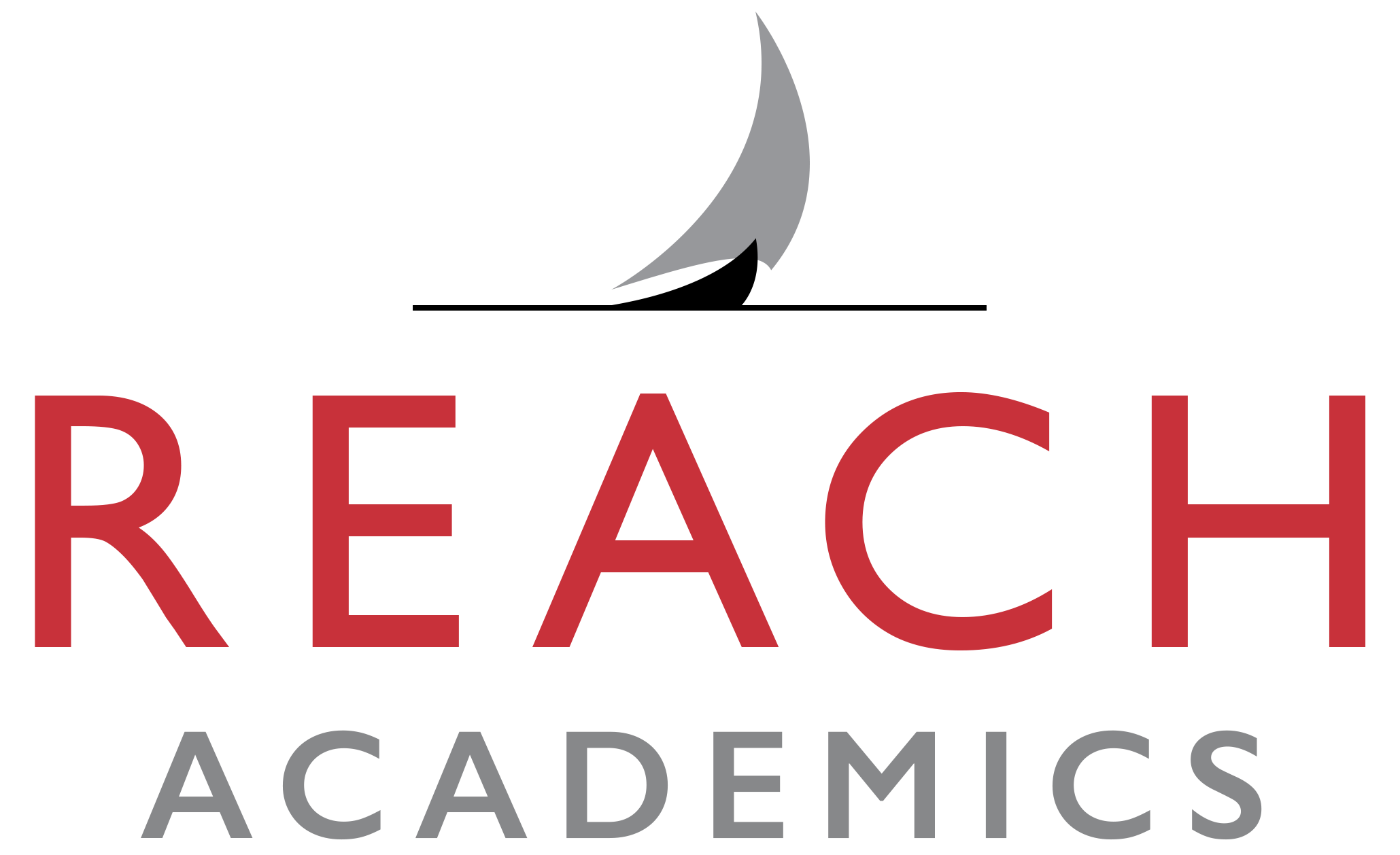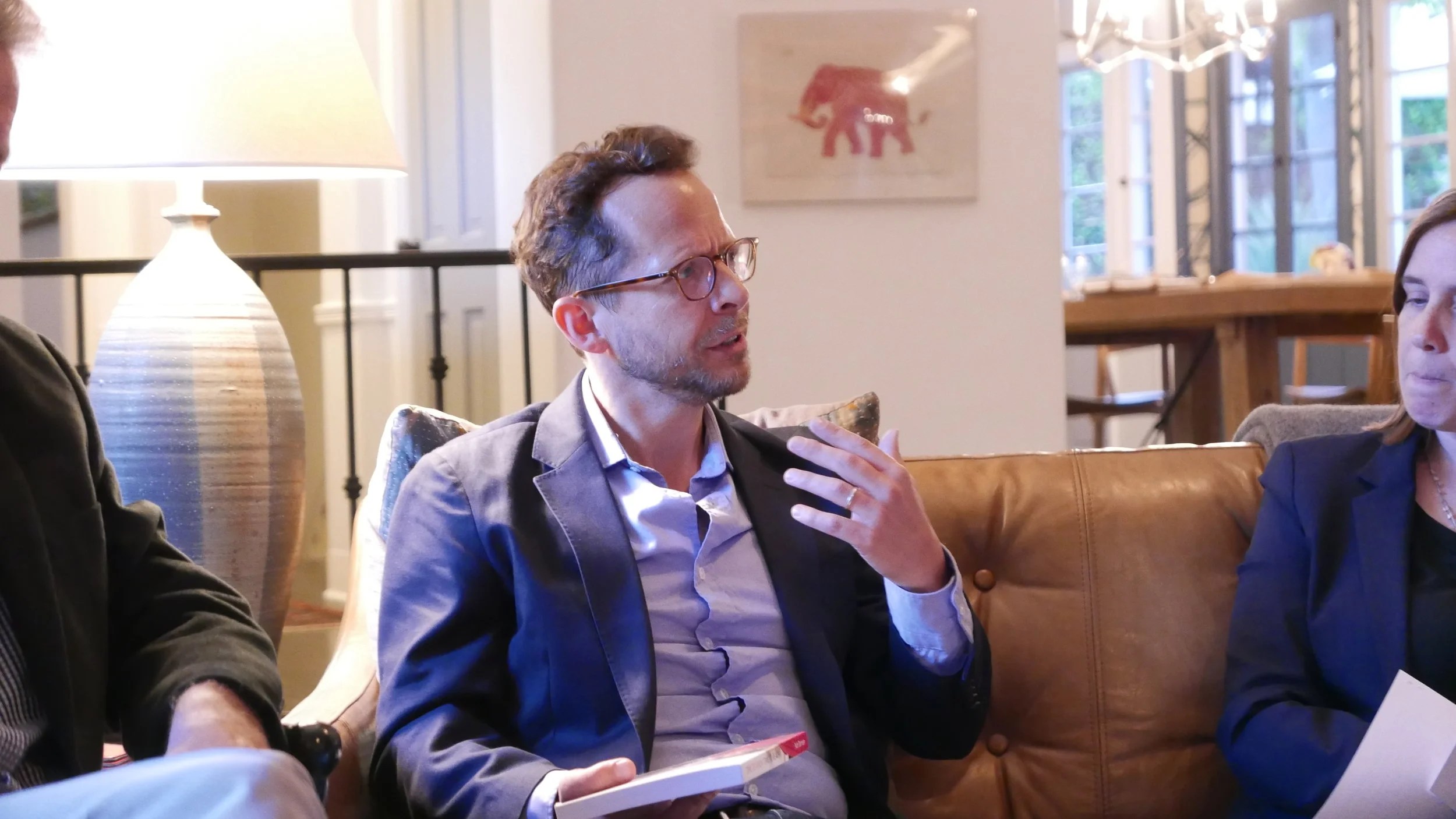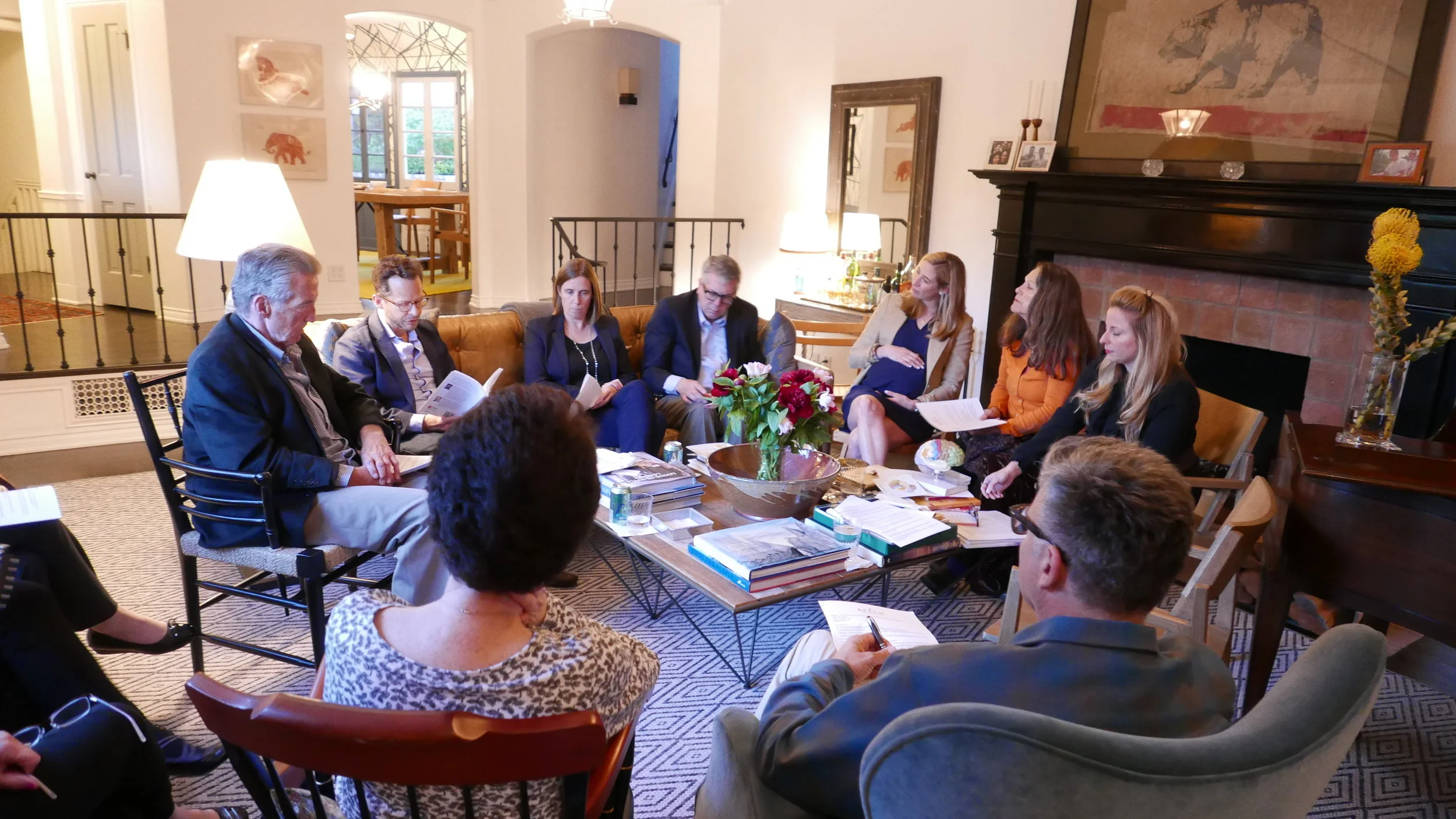Salon: “The Science of Learning: Integrating Emotions and Cognition”
This week we had a fantastic salon in Los Angeles with Dr. Nicole Tetreault providing the neuroscience that confirms the power of relational teaching. With teachers, administrators, graduate students, and professors, we discussed the importance of relationships in teaching as pertains to:
1. How do we meet the needs of students for their social and emotional learning and allow for challenge and intellectual development?
2. How do we find time during the school day to identify the “micromoments that count” and how do these micromoments open the heart and mind to better learning?
3. What does a relaxed and open (learning) brain look like? How can we cultivate them in our students (and ourselves)?
4. What is asynchronous brain development? How does asynchronous brain development affect learning, academics, motivation, and self-esteem? How do we capitalize on the uniqueness of the brain and physiology and learning?
5. How do manage our time and brain development in the age of information and social media? How do we handle social media and device addiction?
6. How can we nurture positive neural plasticity? We know actually alter our brains through specific guided programs, how can we allow for them in the classroom? What kind of programs are we talking about? Guided meditation?
The salon was a great example of a relational classroom environment—circle facing everyone, time to listen and contribute, a sense of trust and an openness to sharing different points of view.



